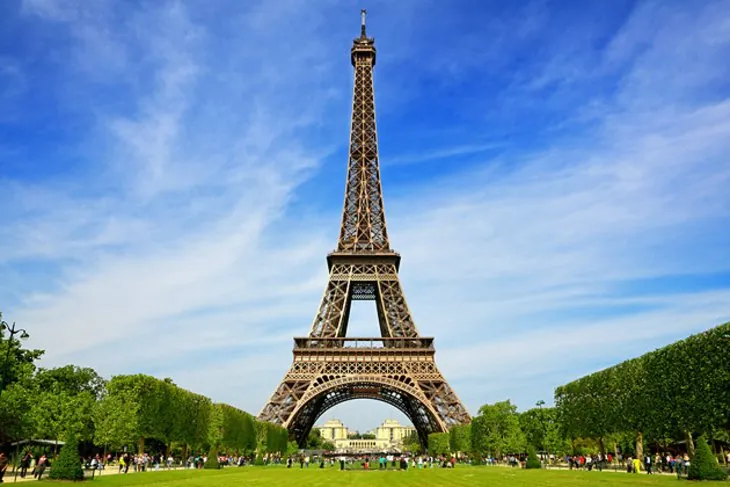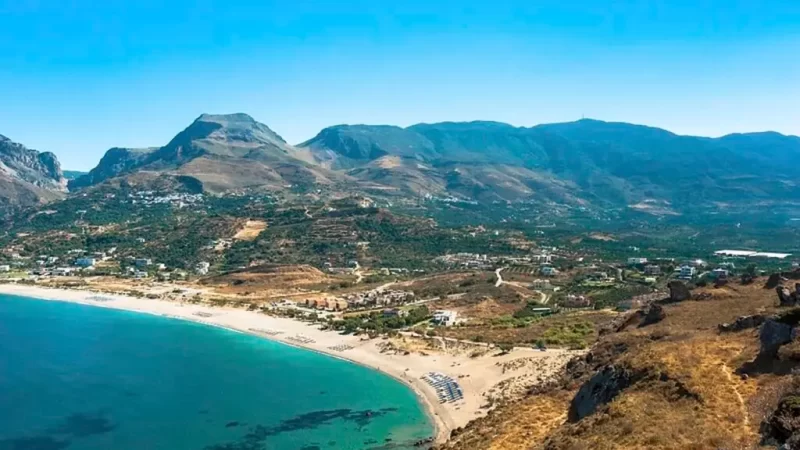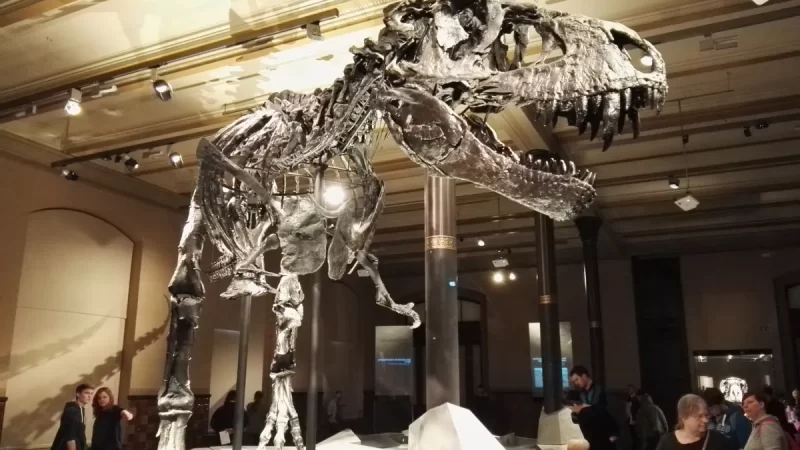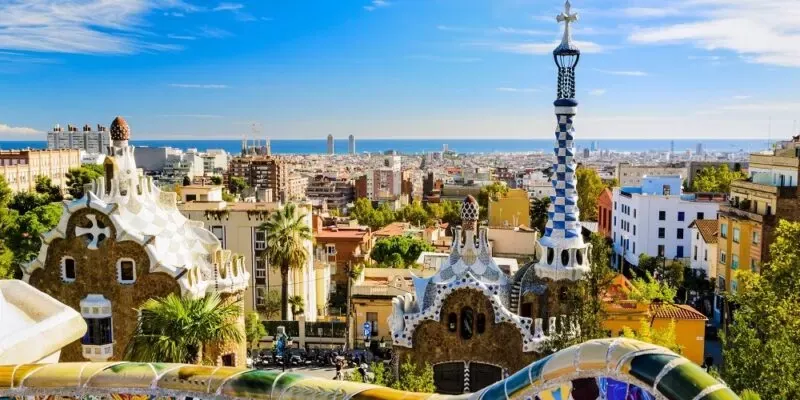Introduction
The Eiffel Tower, an emblem of French heritage and global architectural marvel, has faced an unexpected hurdle this week. For the first time in its illustrious history, the Tower has been closed for four consecutive days due to a strike by its employees. This unprecedented situation raises numerous questions and concerns for tourists and locals alike, especially with the Paris Olympics on the horizon. In this article, we delve into the causes of the strike, its implications for visitors, and the broader context of the Eiffel Tower’s maintenance and operations.
Understanding the Strike: A Deep Dive
The Root Cause
Employees of the Eiffel Tower, under the representation of the CGT union, have initiated a strike demanding a salary increase commensurate with the revenue generated from ticket sales. Additionally, there are calls for enhanced maintenance of the 135-year-old structure, which has begun to show signs of wear, including rust on its ironwork. This strike underscores the workers’ determination to secure fair compensation and ensure the iconic monument’s longevity.
The Impact on Visitors
For those who have planned visits during this period, the closure presents a logistical challenge. The Eiffel Tower, typically open 365 days a year, attracts millions of visitors from across the globe. In response to the strike, the Tower’s management has advised ticket holders to consult the official website for updates and email notifications regarding their bookings.
Maintenance and Financial Concerns
Despite the strike, Paris deputy mayor Emmanuel Grégoire assures the public that the Eiffel Tower remains in excellent condition. He acknowledges the financial setbacks caused by extended closures during the COVID-19 pandemic, which resulted in a loss of €130 million in revenue. Nevertheless, Grégoire is optimistic about resolving the current dispute and maintaining the Tower’s operational excellence in preparation for the upcoming Paris Olympics and Paralympics.
The Eiffel Tower and the Paris Olympics
The Eiffel Tower is set to play a pivotal role in the Paris Games, symbolizing French culture and innovation. The Olympic and Paralympic medals will feature iron pieces from the Tower, further cementing its significance in this global event. The current strike highlights the need for a balanced approach to managing the landmark’s commercial success, maintenance, and employee welfare.
Recommendations for Visitors
In light of the ongoing strike, we recommend the following for visitors:
- Stay Informed: Regularly check the Eiffel Tower’s official website and your email for updates on the situation.
- Plan Alternatives: Paris boasts numerous attractions. Consider exploring other sites like the Louvre Museum or Notre-Dame Cathedral.
- Support Local Businesses: The strike may affect local businesses reliant on tourism. Patronizing these establishments can help mitigate the economic impact.
Conclusion
The Eiffel Tower’s closure due to the strike poses challenges but also opens a dialogue about sustainable tourism, fair labor practices, and the preservation of historical landmarks. As we navigate these unprecedented times, the resilience of Paris and its iconic Tower reminds us of the importance of unity and collective effort in overcoming obstacles.




